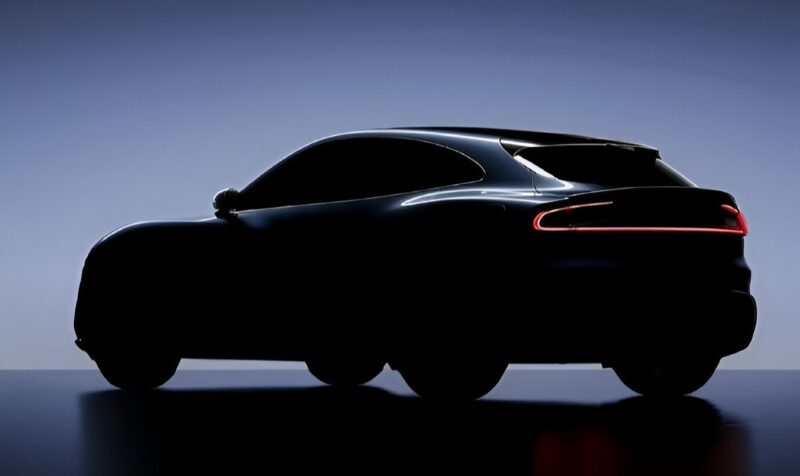At Xiaomi’s automotive plant in the Beijing Economic-Technological Development Area, production activity continues as the company prepares to unveil its second electric vehicle, the YU7 SUV. The facility is also approaching the completion of its second construction phase and is expected to be operational by mid-June.
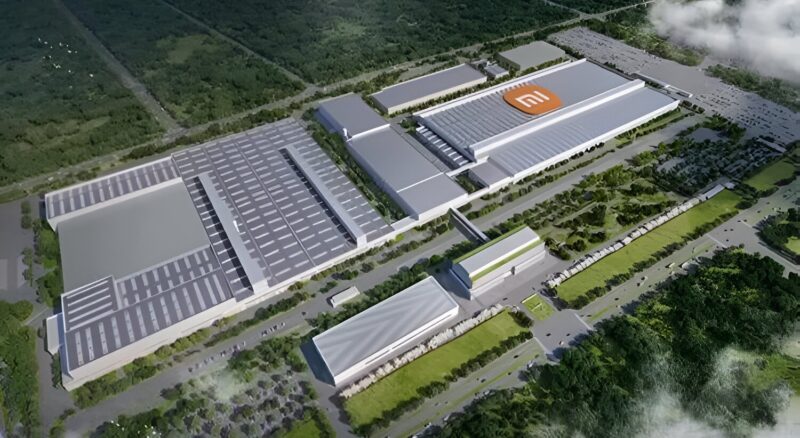
Located in Beijing, the Xiaomi Auto plant began operations in March 2021 following CEO Lei Jun’s announcement of the company’s entry into the automotive sector. The first phase, spanning 720,000 square meters, was completed in 2023 and currently manufactures the SU7 electric sedan. Construction on the second phase began in 2024 and is now in its final stages, according to on-site workers.
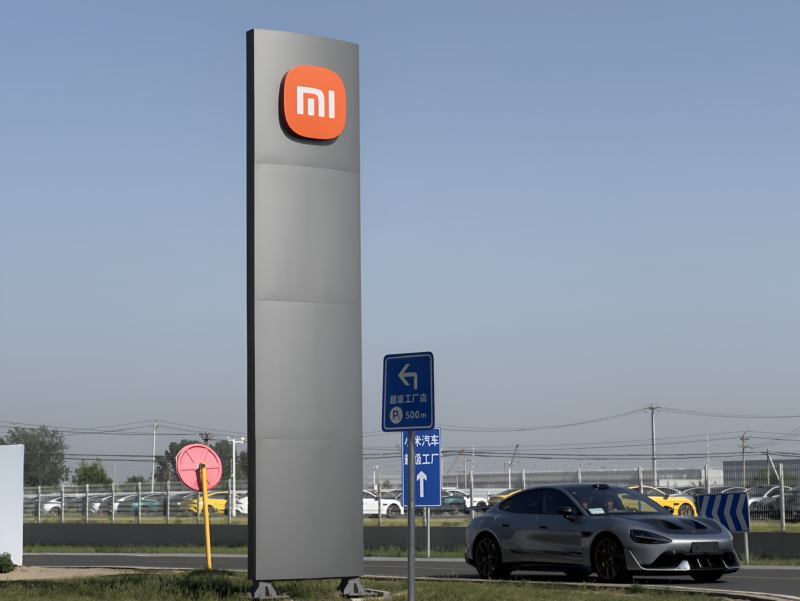
The expansion aims to support the production of future models, including the YU7 SUV. Scheduled to debut on May 22, the YU7 will be introduced at a company event. Lei Jun confirmed the date as May 19, indicating that the rollout of Xiaomi’s next EV is proceeding on schedule.
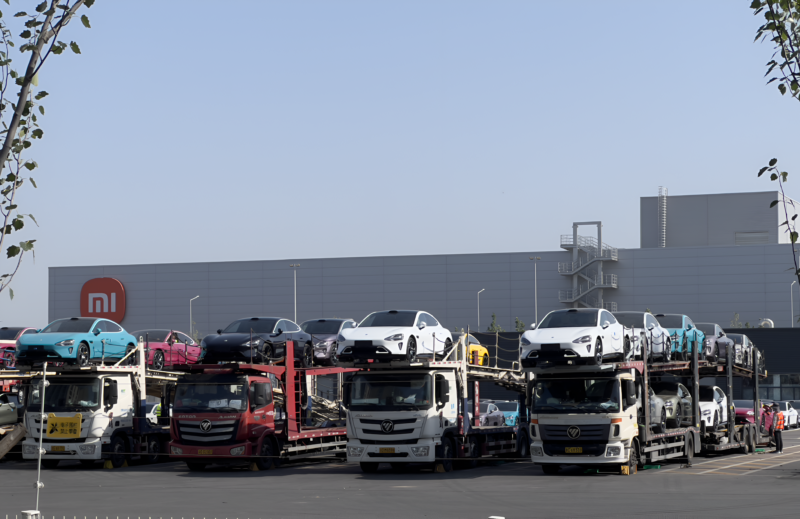
Since April 2024, Xiaomi has delivered around 240,000 SU7 units. On May 19, reporters visiting the factory observed SU7 sedans, including the Ultra variant, being prepared for shipment. Approximately 900 vehicles are currently shipped each day.
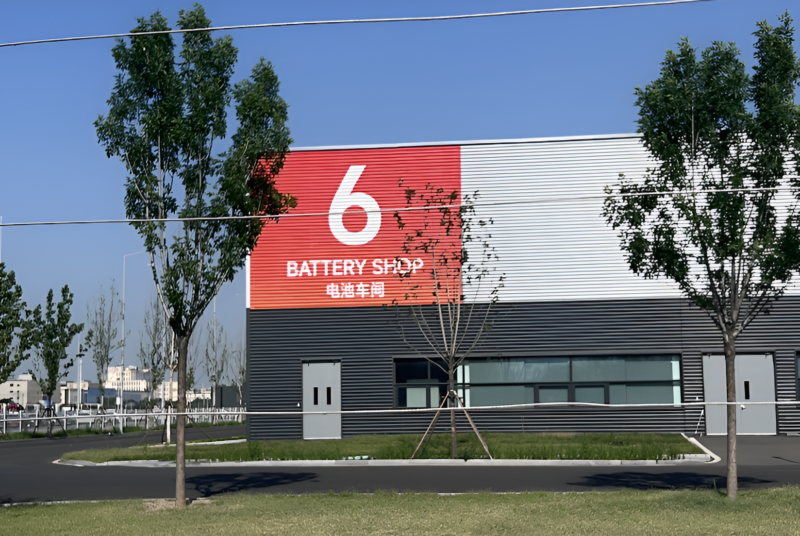
To meet demand, the first-phase plant has operated on a double-shift schedule since June 2024, exceeding its original annual capacity of 150,000 units. Despite this, delivery wait times now extend to 49 weeks, with an estimated order backlog nearing 300,000 vehicles.
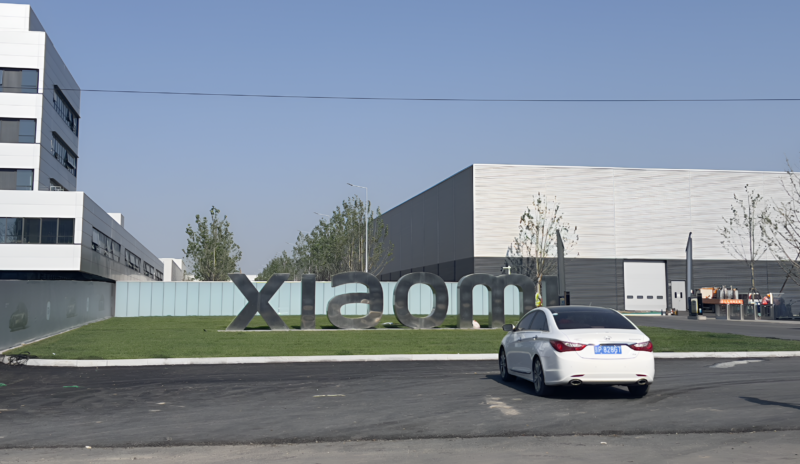
The YU7 SUV is Xiaomi’s second electric vehicle and has appeared in recent regulatory filings. It measures 4,999 mm in length, 1,996 mm in width, and 1,600 mm in height, with a 3,000 mm wheelbase. It features a ternary lithium-ion battery from CATL’s subsidiary and design elements similar to the SU7.
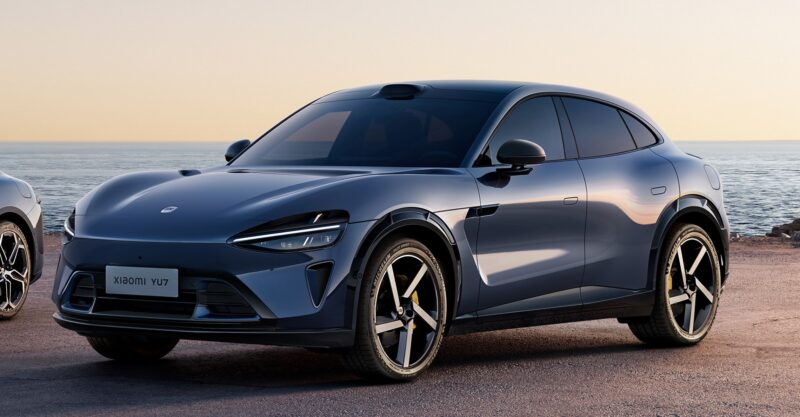
Xiaomi has not yet presented the YU7 at its production facility, but a company representative stated that showroom vehicles would be available soon after the launch. Industry observers expect the May 22 event to emphasise technical details, following the approach used for the SU7.
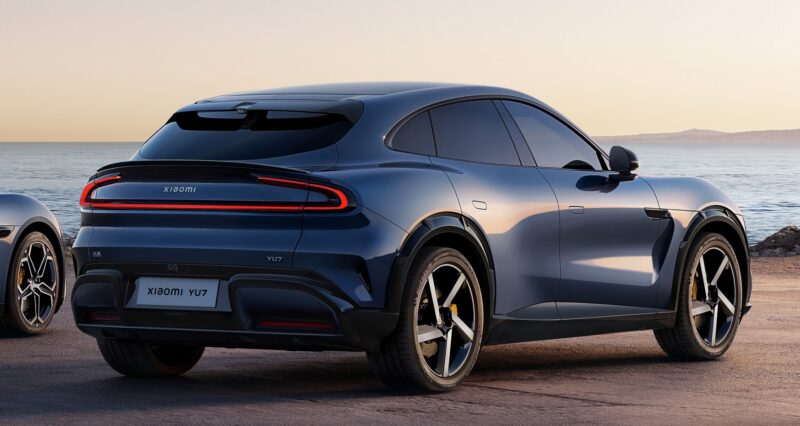
With the second phase nearly complete and the total plant capacity set to reach 300,000 units annually, Xiaomi is reportedly considering a third-phase facility. Nearby industrial land has been marked for potential development, and construction workers in the area have reported initial groundwork. Xiaomi has not made any official announcement regarding these plans.
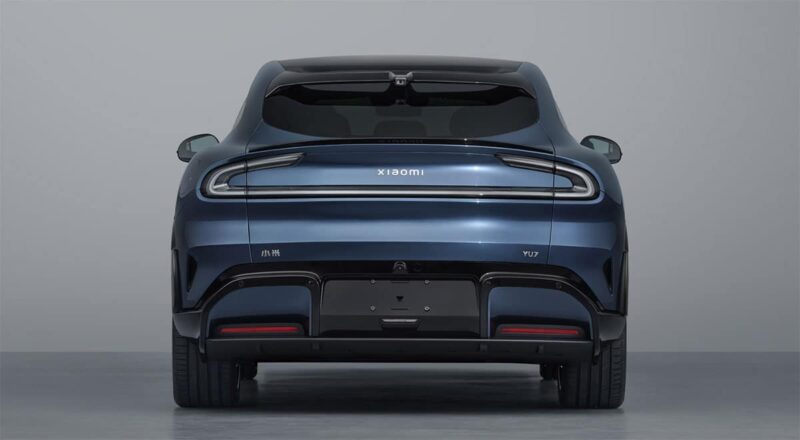
As Xiaomi prepares to introduce the YU7, its ability to scale production remains a key factor in meeting demand and sustaining progress in China’s competitive EV market.



